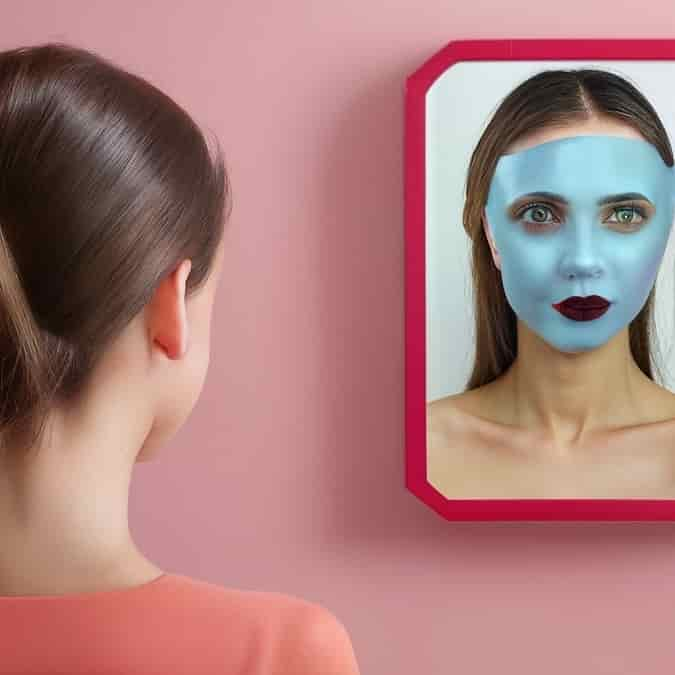In a landmark decision that could have implications for working women across industries, a tribunal ruled that telling female employees to wear make-up is considered sexual harassment. Jahnayde Henry, a 24-year-old former waitress at the Tattu restaurant in Soho, London, was vindicated when the judge sided with her, stating that such comments would not be directed at a male employee and create a ‘humiliating environment’.
The Tribunal’s Ruling
Henry filed a suit against the restaurant after her manager instructed her to wear make-up for her next shift, stating she appeared “tired and unpresentable.” The judge concurred with Henry’s argument, emphasising that instructions to enhance physical appearance would not typically be aimed at male colleagues. Henry’s compensation is set to be determined at a future date.
The Underlying Gender Disparity
This case brings to the fore the distinct standards that women and men are held to in professional settings. It amplifies the ongoing dialogue surrounding systemic biases related to physical appearance, which disproportionately affect women. A 2022 study from Maryville University highlighted that 52% of women prefer to work from home to escape the societal expectations of ‘beauty’ and ‘professionalism.’ On average, women in the United States spend 45 minutes daily on grooming activities such as hairstyling and applying make-up, in an effort to meet these expectations.
The Economic Impact
The same study from Maryville University elucidated the economic consequences of these societal norms, revealing that when an average white female professional gains 64 pounds, her wages drop by 9%. Therefore, not only are women spending more time and effort on their appearance, but they are also potentially sacrificing earning power if they don’t conform to the societal norms of physical beauty.
The Role of Employers
While most employers acknowledge that dictating how employees should present themselves is a flawed approach, the persistent criticism based on appearance remains a gendered issue. The tribunal’s ruling serves as a wake-up call, urging employers to consider systemic and societal pressures that female workers face concerning their appearance. The verdict may catalyze a rethinking of unconscious bias training to address these issues.
The Workers Union Says
“This ruling could serve as a pivotal milestone in breaking down archaic norms and expectations that burden working women, underlining the necessity for employers to foster a more equitable environment that focuses on skill and competency rather than irrelevant factors like appearance.”




